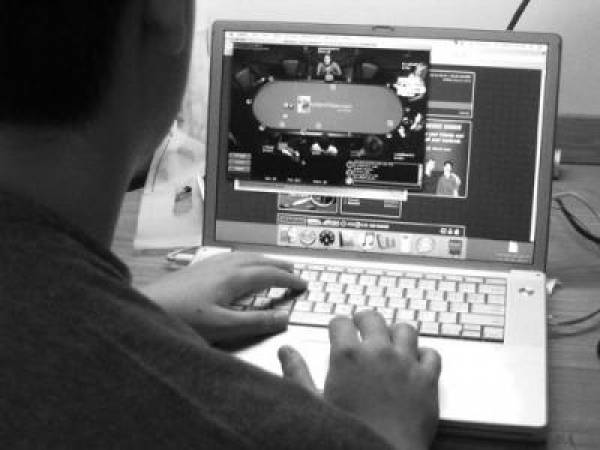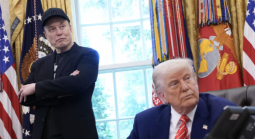Internet Gambling: Indiana Attorney General Not On Board

Indiana's Attorney General is steadfastly opposed to Internet gambling becoming legalized in his state.
Greg Zoeller announced on Friday that he opposes current federal bills that have reached Congress seeking to legalize Internet gambling, by licensing gaming operations under federal government control, Keith Loria of the Legal Newsline reports.
There are currently two bills involving legalized Internet gambling: H.R. 2267, the proposed Internet Gambling Regulation, Consumer Protection and Enforcement Act, and some enabling legislation, H.R. 4976, the Internet Gambling Regulation and Tax Enforcement Act of 2010.
"As attorney general, my job description requires me to defend the ability of our state to pass its own state laws and not have them nullified or preempted by the federal government," Zoeller said. "The proposals before Congress would likely undermine the gambling enforcement powers of states."
"(This is) perhaps the greatest unspoken obstacle for any Federal i-gaming laws," stated Joe Brennan, Jr., Head of The Interactive Media Entertainment & Gaming Association, a grass roots organization currently working with New Jersey legislators to make online sports betting and poker legal in that state. "States are not likely to surrender any portion of their franchise on gambling."
The vast majority of states are opposed to legalized Internet gambling or are otherwise indifferent. New Jersey, Florida and California are a few of the noted exceptions.
"While I recognize that Congress considers various scenarios for plugging the deficit in the federal budget, our concern is that licensing and taxing Internet gambling in this way would circumvent and preempt the autonomy of state government," Zoeller said.
"Rather than a one-size-fits-all federal approach, states should be free to decide for themselves whether to endorse online gaming at the state level and not have it forced upon them federally."
Loria points out that Zoeller believes current federal legislation placing the burden on banks to prevent some forms of online gambling transactions are sufficient, as is the Indiana Gaming Commission.
Christopher Costigan, Gambling911.com Publisher













